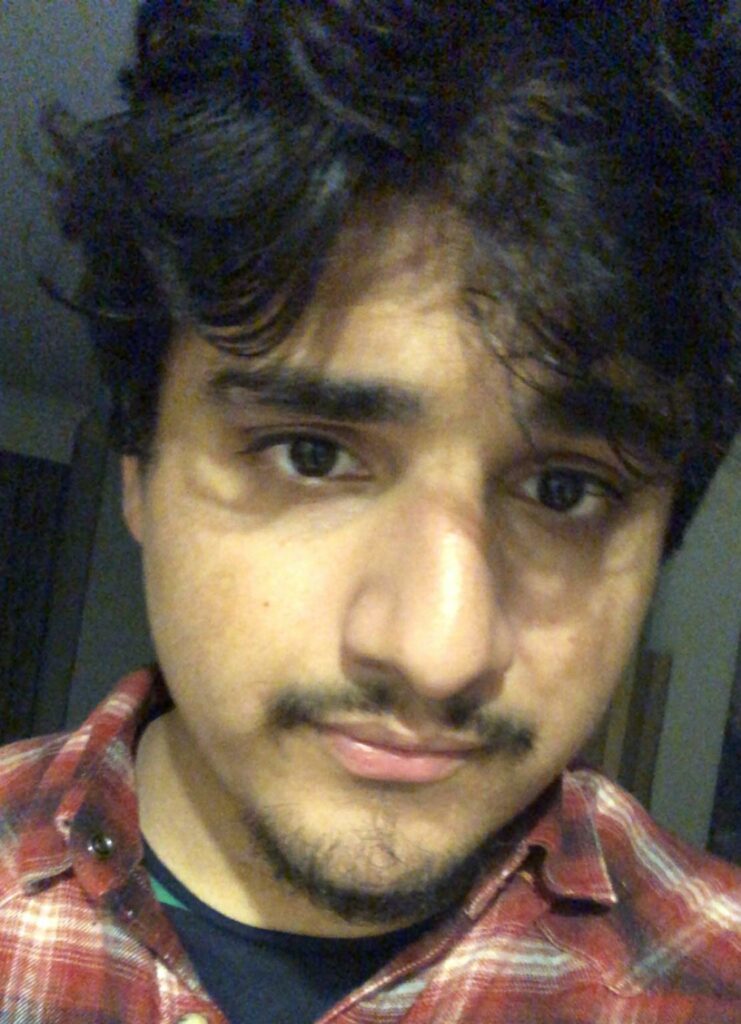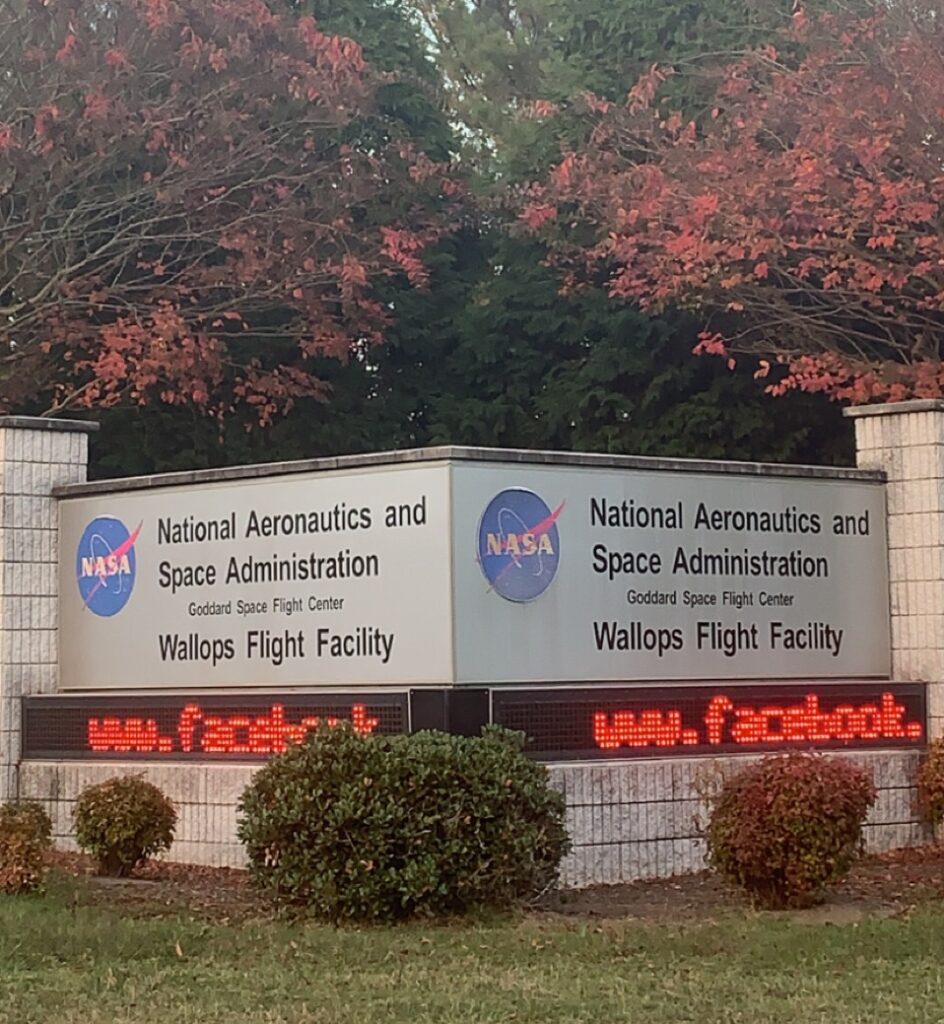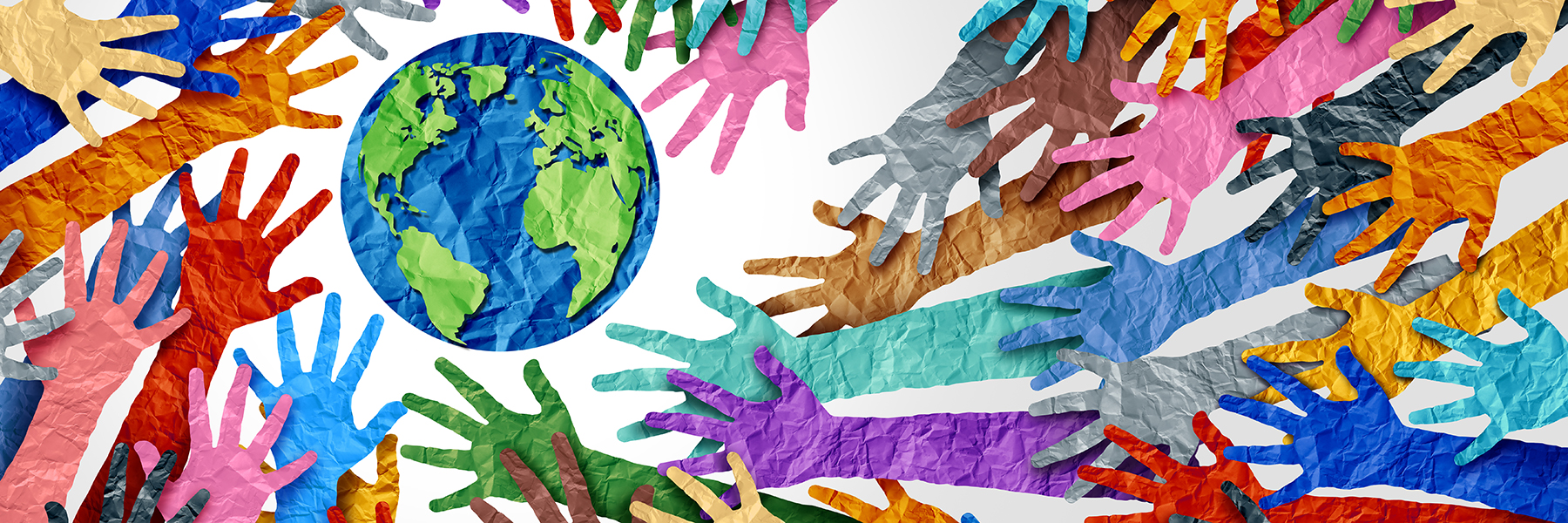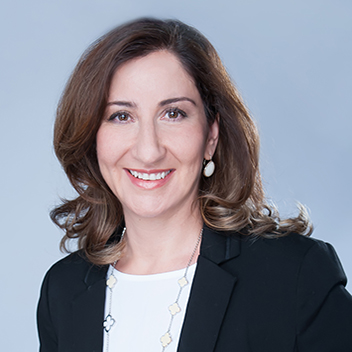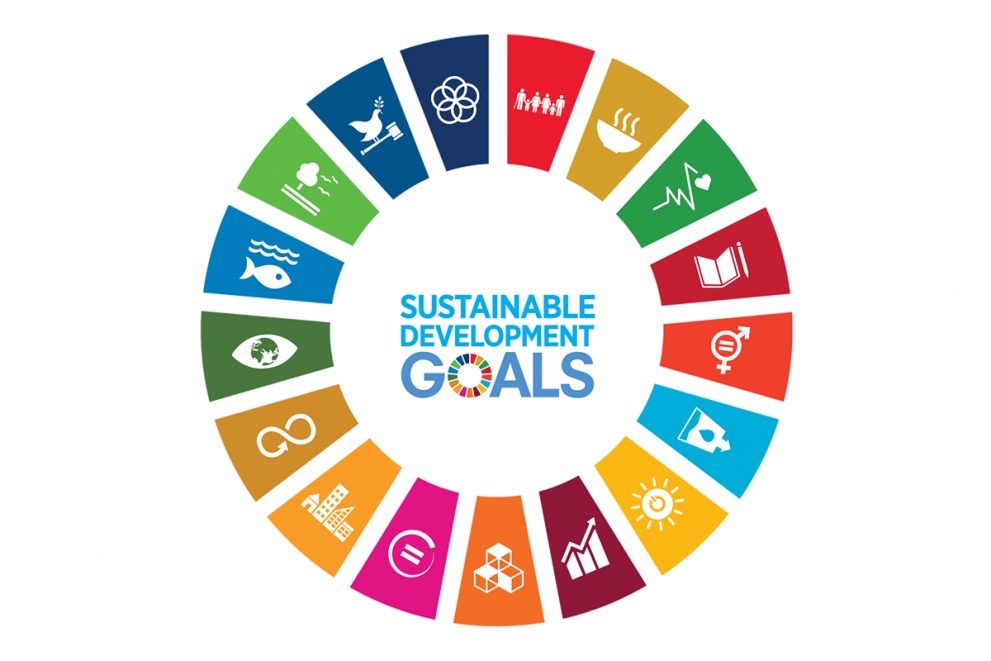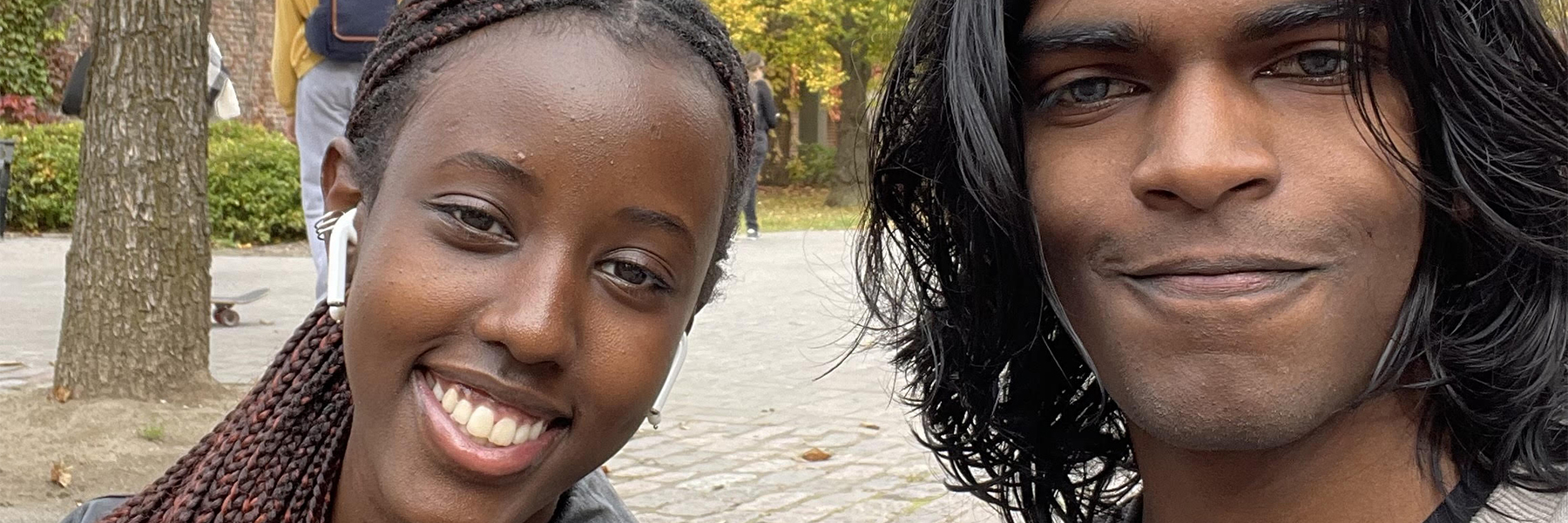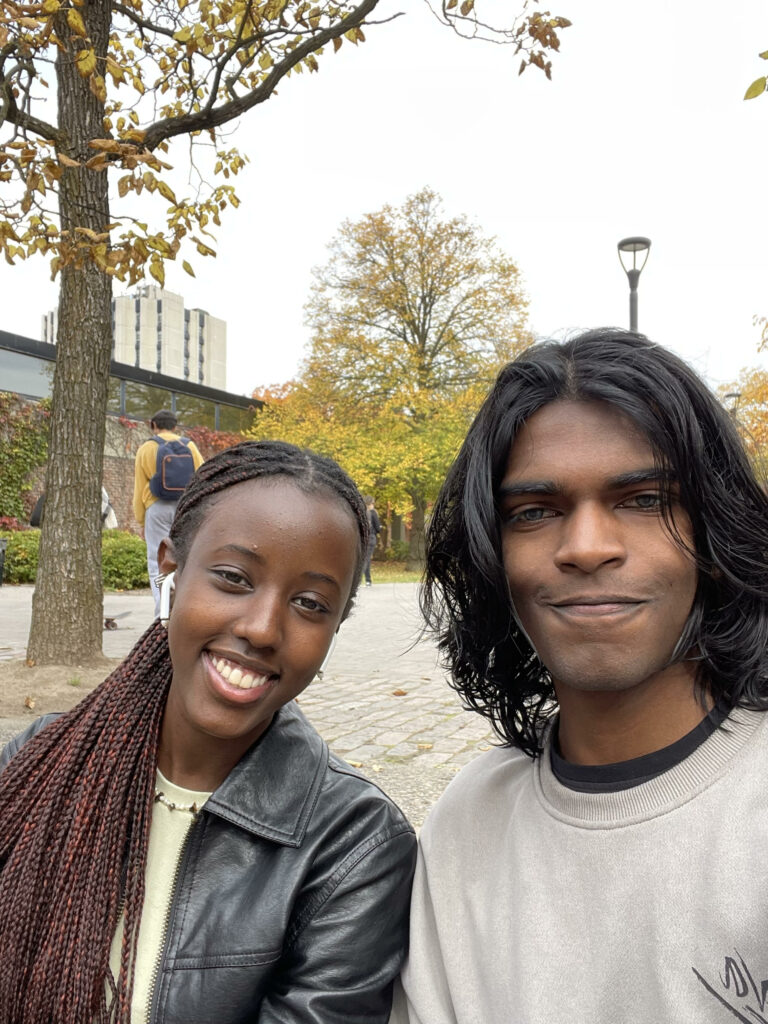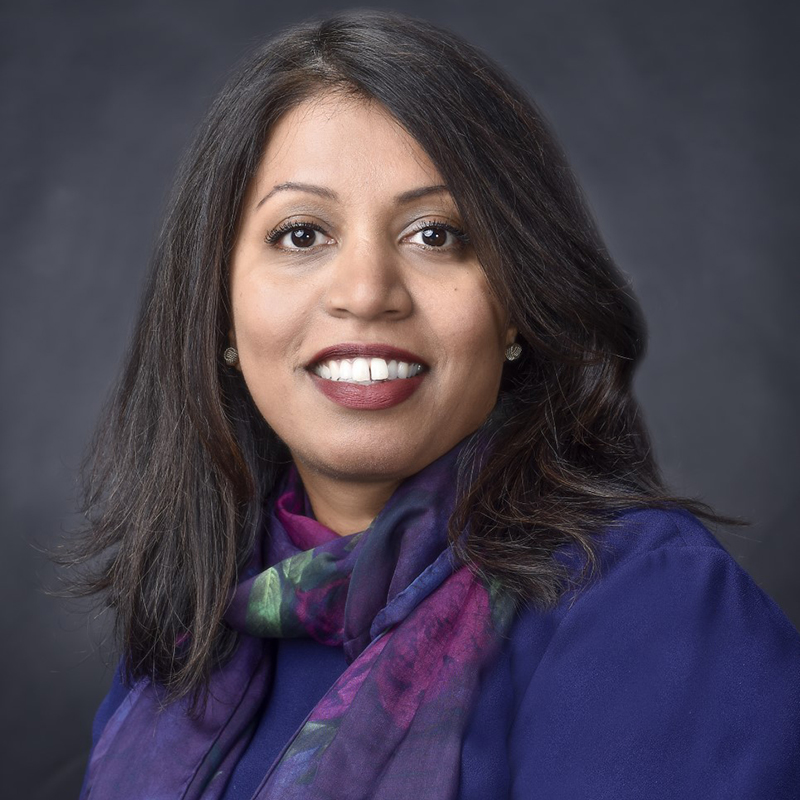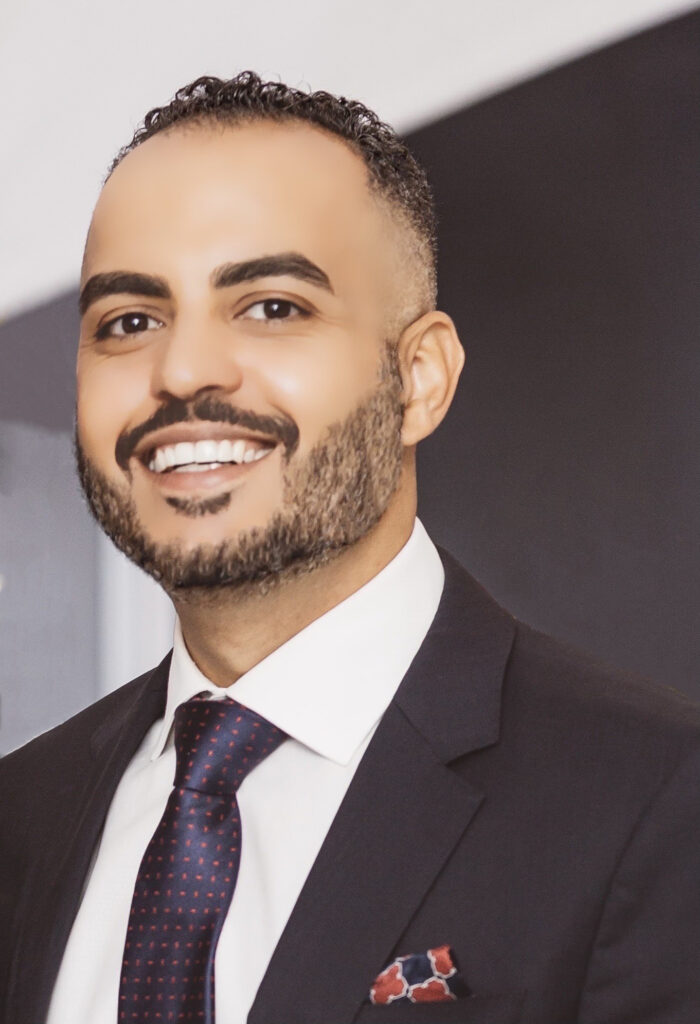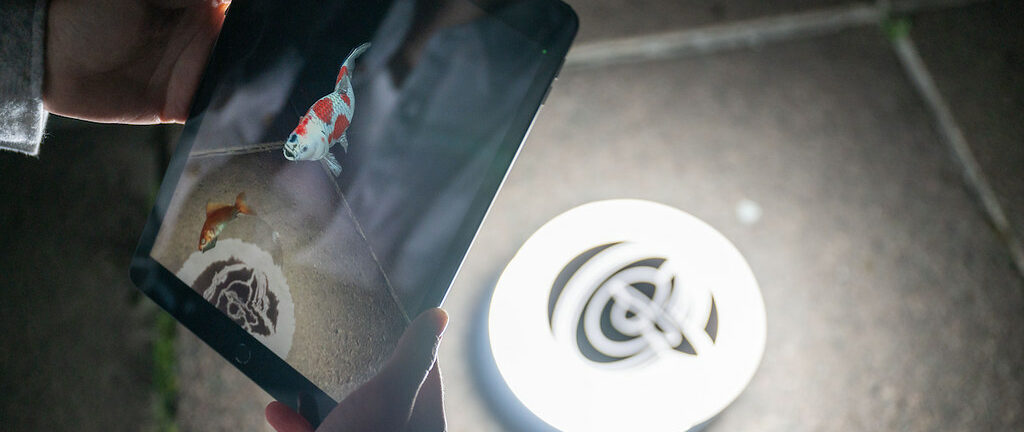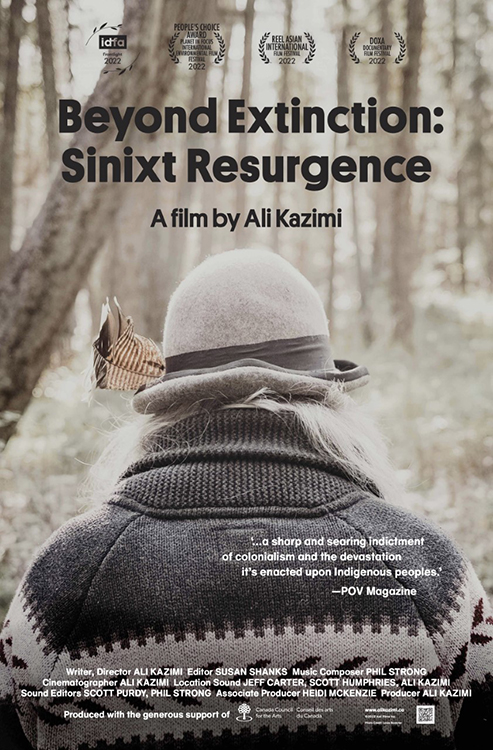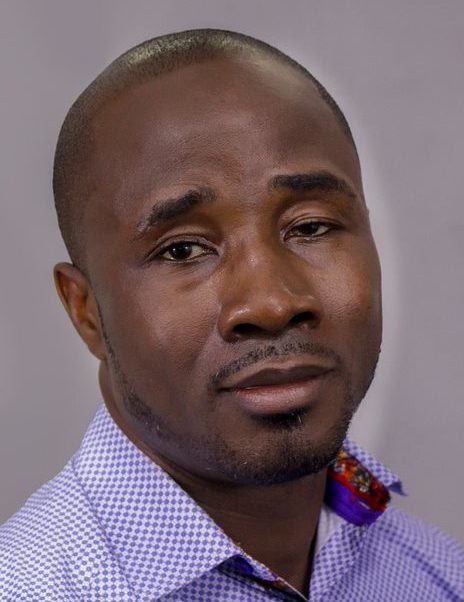Cardinal Points – an annual showcase for the School of the Arts, Media, Performance & Design’s (AMPD) Department of Dance – is directed by Assistant Professor Susan Lee and celebrates dance creation with a focus on global collaboration. It runs Feb. 15 to 17.
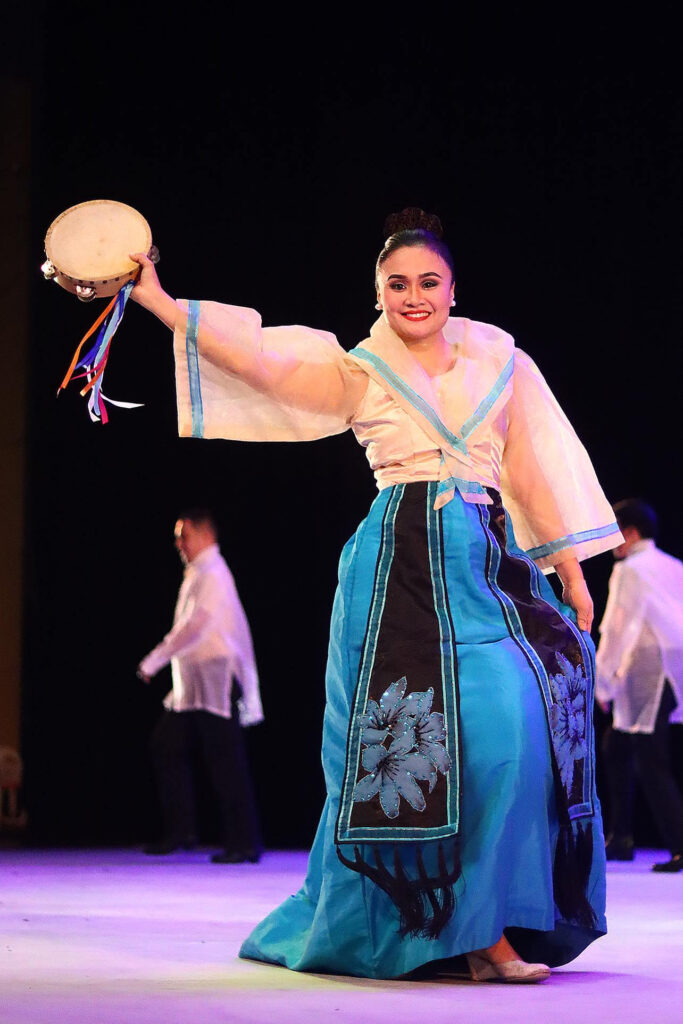
Guest artists Pamela Corales and Leo Lorilla, from Bayanihan, the National Dance Company of the Philippines, along with faculty members Patrick Alcedo, Modesto Amegago and Tracey Norman, and talented student choreographers, will present new works that feature the University’s own York Dance Ensemble (YDE).
This month, Corales and Lorilla will be artists-in-residence in the Department of Dance – an international partnership made possible through funding that the Philippine Studies Group (PHSG) at the York Centre for Asian Research received from the Philippine Consulate General in Toronto.
Their performance is the highlight of a two-week residency that includes a dance workshop for the Filipino community and York students as well as attending dance studio and studies courses at York. It is a marquee event in the series of lectures, film screenings and visits of scholars, artists and journalists from the Philippines that the PHSG is curating this year.
“It is incredibly exciting to have Pamela Corales and Leo Lorilla from the renowned Bayanihan Dance Company perform at Cardinal Points and for them to be artists-in-residence in our department,” says Alcedo, professor and Chair in the Department of Dance and a member of the PHSG.
Cardinal Points featured events
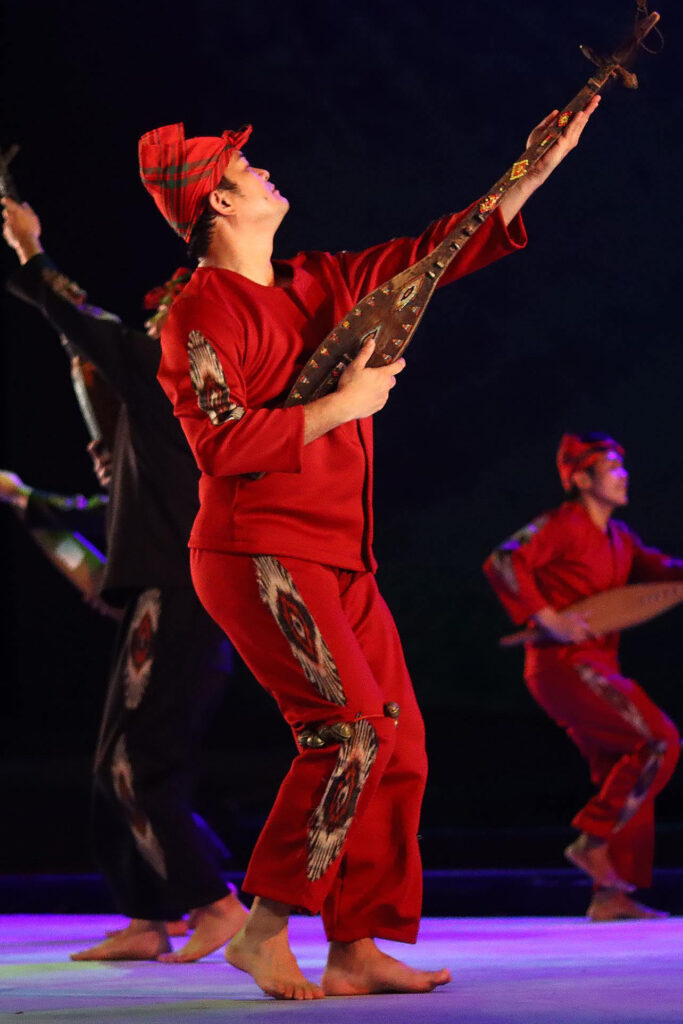
With Production Manager Jennifer Jimenez, Lee presents Cardinal Points as a part of AMPD’s “Year of the Arts” – a curated set of events, exhibitions, installations and performances to showcase leading research and creations in York’s artistic communities.
“The annual showcase juxtaposes the notions of identity and change, allowing us to explore our constantly evolving relationship with ourselves, each other and the world,” says Lee. “Through the works presented and the breadth of artists involved – both established and emerging, Canadian and international, Indigenous and settler – we reflect on how we orient ourselves internally, geographically, culturally and historically.”
Amegago’s reconstruction of three West African dances with live drummers, entitled “Performing Core Values through Atamga-Agbekor-Atsyiagbekor,” uses short choreographic narratives to represent the migration of the Ewe people in search of a new settlement. Seeking to define their homeland on their own terms, the dances portray solidarity, love, physical combat and reconciliation. Amegago’s adaptations speak to common experiences of separation, adversity and identity, culminating in an expression of our values of equity, diversity, inclusion and one love.
Fourth-year undergraduate student Kéïta Fournier-Pelletier’s “Pillar of Us” examines how queerness intersects with other foundational aspects of identity. “All humans crave belonging, no matter one’s sexuality. This piece explores different positive relationships one might experience from childhood to adulthood, rebelling as a means to find belonging and celebrating with your community,” says Fournier-Pelletier.
Fourth-year student and YDE member Blythe Russell’s “Respair” features dancers Rayn Cook-Thomas and Phoebe Harrington, who embody the anguish of juxtaposing opposites, such as frailty and strength, movement and stillness, and structure and chaos. “We came out of the process with a magnetic demonstration of swirling movement between two figures,” Russell explains.

Dance studies PhD students Arpita Bajpeyi and Sebastián Oreamuno collaborated with visual arts PhD student Nava Waxman to create the intercultural and interdisciplinary work, “Copucha + Gup Shup.” This piece engages with cueca, Chile’s national dance; and kathak, a South Asian classical dance form. Together, the choreographers strive to honour both practices’ complex history, while examining and questioning their boundaries. Accompanied by York graduate Leonid Orlov on guitar, as well as vocalization and body percussion that highlight the shared 6/8 time signatures, the dancers bring cueca and kathak into thoughtful and joyous contemporary conversation. Another element of this creation are the projections by Waxman, created from long exposure photos of the dancers in movement, which offer context and insight into the colourful world of this piece.
Rounding out the show are works by Alcedo, Norman and Cook-Thomas. Alcedo’s offering, “Banga/Salidsid,” performed by dancers of the Culture Philippines of Ontario, is a reconstruction of a Philippine folk dance from the Cordillera Mountain Range. Norman’s “chorus of anguish” reckons with the impact on the planet’s decline and asks how we can move from individuality to collectively recalibrate our future. Cook-Thomas’s piece, “Ancestor 73,” dives into the world of southern resident orcas from the Pacific Northwest, bringing awareness to the pressing issue of animal extinction and its impacts on Indigenous communities.
Cardinal Points begins at 7:30 p.m. each night between Feb. 15 and 17 in York’s Sandra Faire and Ivan Fecan Theatre. Tickets can be purchased at the AMPD online box office.




